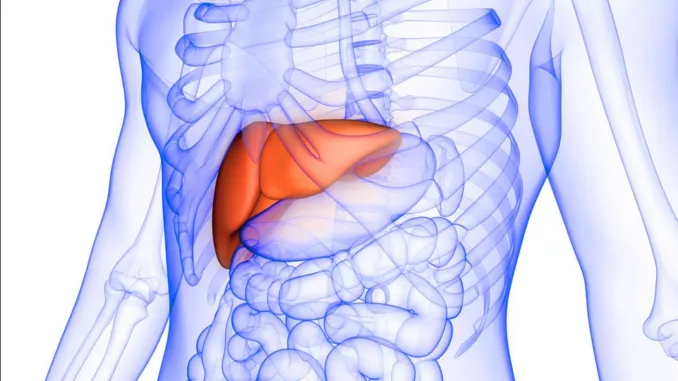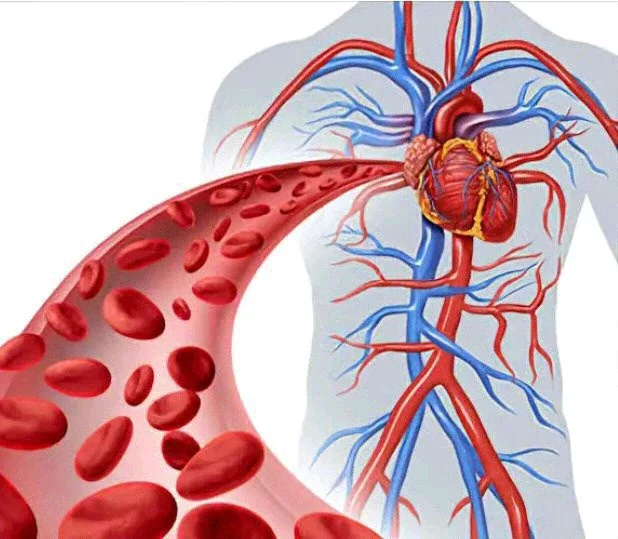
This is a very simple yet delicate topic that a lot of people haven't been paying attention to, yet it has affected our lives in ways we don't even realise.
There are basically two things our brains react to consciously or unconsciously: A GOOD-LOOKING PERSON and any kind of SMELL. Although mouth odour is very common among individuals, most times a lot of people don't know they have it until it begins to interfere with their day-to-day interactions with others and of course, no one likes to perceive a bad smell.
Mouth odour, commonly referred to as bad breath or halitosis, is a condition characterised by an unpleasant odour originating from the mouth. It can be a temporary issue or a chronic condition, and it affects a significant number of people at some points in their lives.
Here are some common causes and tips for managing mouth odour:
Causes
1. Poor Oral Hygiene: Inadequate brushing, flossing, and tongue cleaning can lead to the buildup of bacteria and food particles in the mouth, resulting in bad breath as pointed out above.
2. Food and Drink: Certain foods and beverages can contribute to temporary mouth odour. Strong-smelling foods like onions, garlic, and spices, coffee, and tobacco can leave lingering odors in the mouth resulting in mouth odour.
3. Dry Mouth (Xerostomia): Saliva plays a crucial role in cleansing the mouth and preventing bacterial overgrowth. Reduced saliva flow can result in dry mouth and contribute to mouth odour.
4. Smoking and Tobacco Use: Smoking and tobacco products can cause foul-smelling breath and contribute to gum disease and oral health problems.
5. Dental Issues: Oral health problems, such as gum disease, tooth decay, or dental infections, can lead to persistent bad breath.
6. Systemic Conditions: Certain systemic conditions, such as respiratory infections, gastrointestinal disorders, and diabetes, can cause chronic bad breath. If you suspect an underlying health condition, consult a healthcare professional for diagnosis and appropriate treatment.
7. Respiratory conditions such as sinuses, cough, and catarrh, gastrointestinal disorders such as dyspepsia even common medications, like antihistamines and decongestants used to treat seasonal allergies, can dry out the mouth and cause mouth odour.
But as the saying goes "There is no problem without a solution" These causes have solutions, and they include:

















Comments